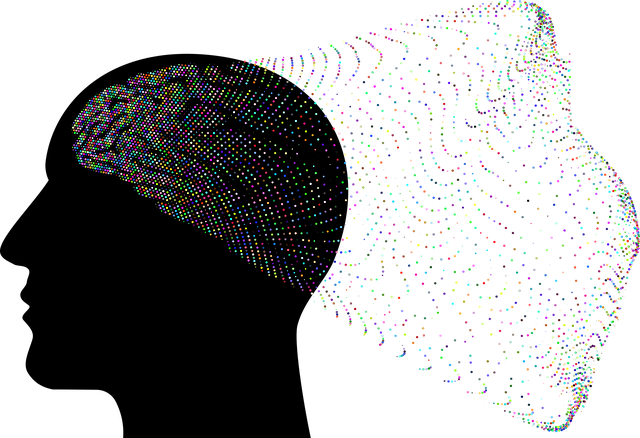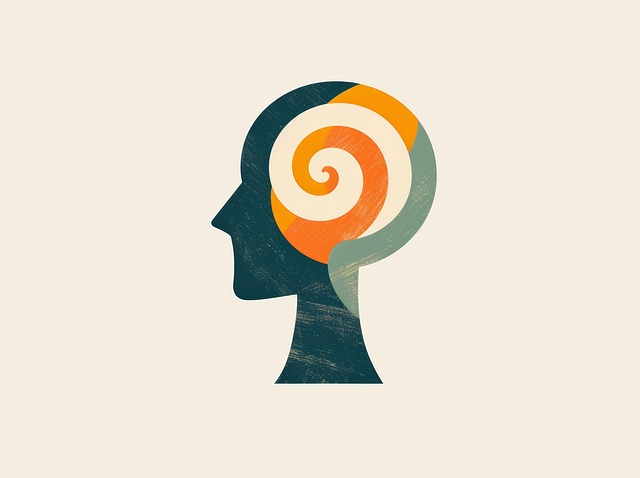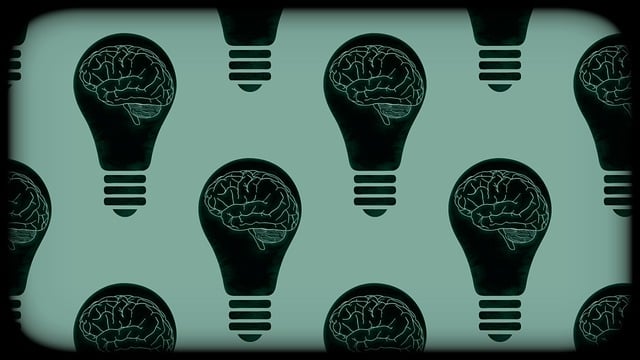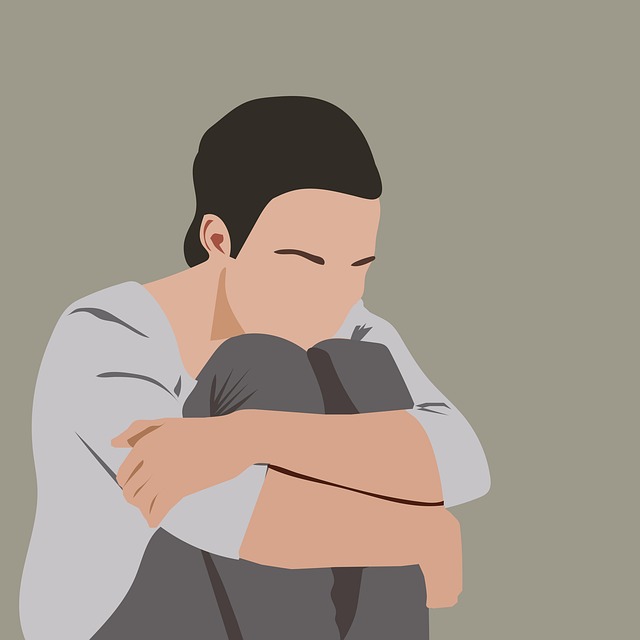Post-Traumatic Stress Disorder (PTSD) therapy focuses on evidence-based approaches like cognitive behavioral therapy (CBT), eye movement desensitization and reprocessing (EMDR), mindfulness meditation, stress reduction, and mood management. These techniques, integrated with tailored interventions and emotional regulation skills, cater to individual needs for overcoming traumatic experiences. Coping skills development, positive thinking, and self-care practices promote mental wellness, recovery, and a rebuilt sense of agency in individuals with PTSD.
Mental wellness promotion is a critical aspect of overall health, especially for individuals who have experienced trauma. This article delves into the complex world of Post-Traumatic Stress Disorder (PTSD), exploring its symptoms, causes, and innovative therapy options for effective treatment. We also provide practical strategies for daily mental wellness promotion, offering a comprehensive guide to managing and overcoming PTSD. Discover superior post-traumatic stress disorder therapy techniques tailored to support long-term mental well-being.
- Understanding Post-Traumatic Stress Disorder (PTSD): Symptoms and Causes
- Innovative Therapies for Effective PTSD Treatment
- Strategies for Daily Mental Wellness Promotion After Trauma
Understanding Post-Traumatic Stress Disorder (PTSD): Symptoms and Causes

Post-Traumatic Stress Disorder (PTSD) is a mental health condition that can affect individuals after they’ve experienced or witnessed a traumatic event. It’s crucial to understand this disorder to effectively promote mental wellness. Symptoms of PTSD can include flashbacks, nightmares, severe anxiety, and intense emotional distress when reminded of the trauma. Individuals may also experience physical symptoms like heightened heart rate, sweating, or trembling in response to triggers associated with the event.
Causes of PTSD stem from exposure to highly distressing events such as warfare, accidents, natural disasters, violent assaults, or life-threatening situations. These experiences can overwhelm an individual’s ability to cope, leading to a persistent state of heightened arousal and avoidance of reminders of the trauma. Superior Post-Traumatic Stress Disorder therapy often involves cognitive behavioral therapy (CBT), eye movement desensitization and reprocessing (EMDR), or other evidence-based approaches designed to help individuals process traumatic memories, manage symptoms, and regain control over their lives. Additionally, stress reduction methods and mood management techniques can be integrated into a holistic mental wellness podcast series production for broader awareness and support.
Innovative Therapies for Effective PTSD Treatment

In the realm of mental wellness promotion, innovative therapies have emerged as powerful tools for managing and treating complex conditions such as Post-Traumatic Stress Disorder (PTSD). Superior PTSD therapy goes beyond traditional approaches, incorporating cutting-edge techniques that cater to the unique needs of each individual. One such game-changer is Mindfulness Meditation, which has been shown to enhance emotional regulation and stress management—key components in overcoming traumatic experiences. By fostering a sense of calm and awareness, mindfulness practices enable individuals to navigate their feelings more effectively.
Additionally, these novel therapies emphasize the importance of addressing underlying emotional issues through tailored interventions. This may involve exploring and processing repressed memories or developing healthy coping mechanisms for managing intense emotions. In light of this, Emotional Regulation techniques have become integral to comprehensive PTSD treatment plans. Such therapeutic methods not only support individuals in understanding their emotional responses but also equip them with practical tools to manage stress and avoid relapses, ultimately leading to improved mental wellness.
Strategies for Daily Mental Wellness Promotion After Trauma

After experiencing trauma, promoting mental wellness is a crucial step towards recovery and rebuilding one’s life. A comprehensive approach that combines various strategies can be highly effective in managing symptoms of post-traumatic stress disorder (PTSD) and fostering resilience. One of the key aspects is superior Post-Traumatic Stress Disorder Therapy, such as cognitive behavioural therapy (CBT), eye movement desensitization and reprocessing (EMDR), or trauma-focused mindfulness practices, which help individuals process traumatic memories safely and develop healthier coping mechanisms.
In addition to professional therapy, cultivating coping skills development through techniques like deep breathing exercises, progressive muscle relaxation, and mindfulness meditation can provide immediate relief from distressing symptoms. Encouraging positive thinking by reframing negative thoughts and practicing gratitude can also improve one’s outlook. Furthermore, integrating self-care practices into daily routines—such as regular exercise, balanced nutrition, sufficient sleep, and engaging in hobbies—is vital for maintaining mental wellness and fostering a sense of agency.
In promoting mental wellness, especially post-traumatic stress disorder (PTSD), understanding both its symptoms and causes is paramount. Innovative therapies offer hope for effective treatment, demonstrating a superior approach to PTSD care. Daily strategies for mental wellness reinforce resilience after trauma, emphasizing the importance of proactive mental health maintenance. By combining knowledge with accessible tools, individuals can navigate their recovery journey and reclaim their lives.












